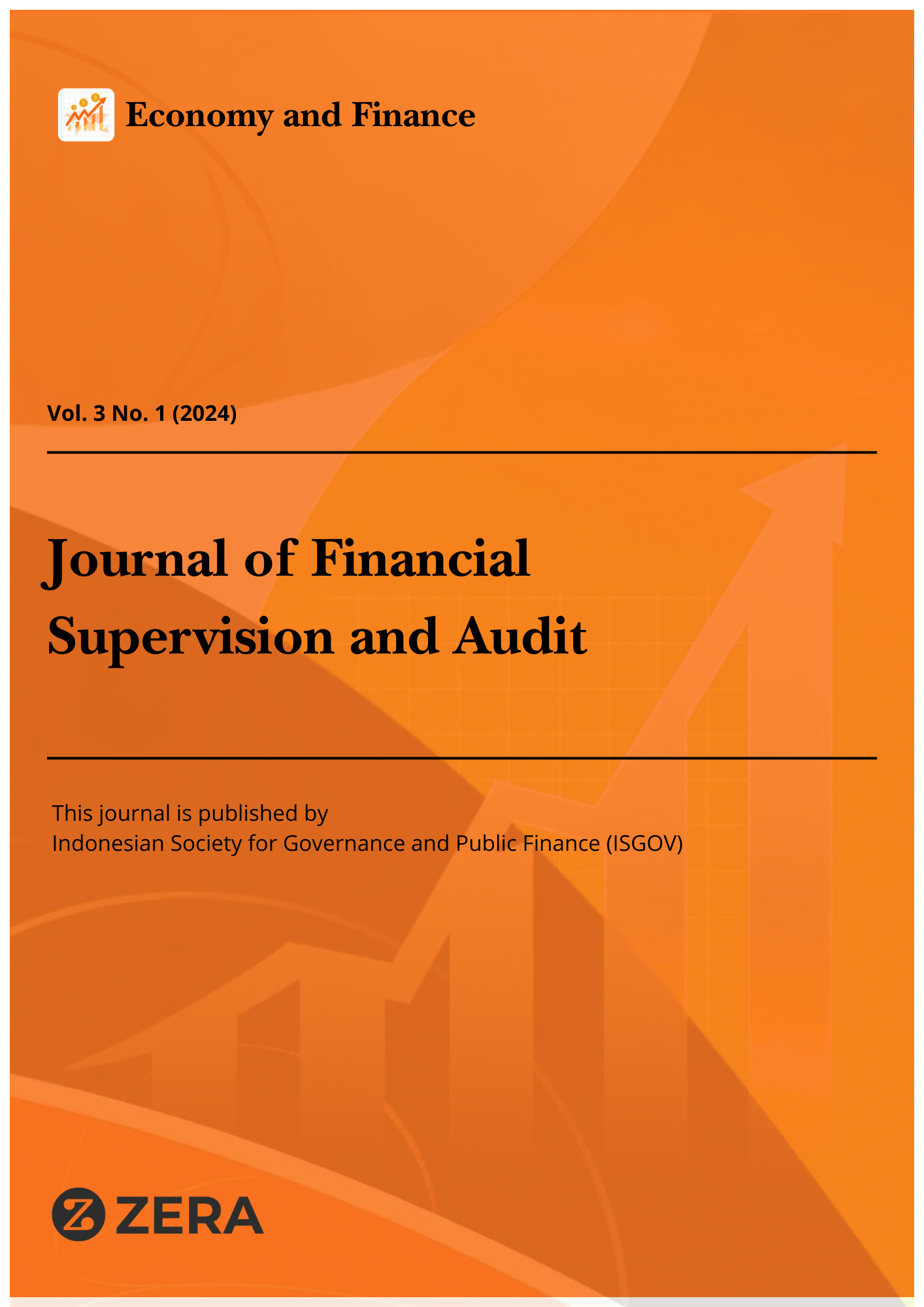Keywords:
Decent Living Needs, Employment Policy, Labor Productivity, Regional Minimum Wage, Workers' WelfareAbstract
The welfare of formal workers serves as a crucial indicator for evaluating the effectiveness of employment policies in Indonesia. One key policy to safeguard this welfare is the Regional Minimum Wage (Upah Minimum Regional/UMR), designed to ensure that workers receive a living wage aligned with their basic needs. This study seeks to examine comprehensively the influence of UMR determination on formal workers’ welfare using a qualitative literature review approach. The data relied upon are secondary sources, including academic books, peer-reviewed journals, policy reports, and other relevant publications. The findings reveal that UMR has the potential to strengthen purchasing power, minimize wage exploitation, enhance productivity, and promote gender equality in wages. Nonetheless, several challenges remain, such as regional disparities, employer non-compliance, inflationary pressures, and limited parameters in defining Decent Living Needs (Kehidupan Hidup Layak/KHL), all of which hinder the optimal realization of UMR’s benefits. Hence, a reformulation of UMR policy is required, adopting a more holistic and adaptive approach to socio-economic dynamics, so that this policy can effectively serve as an instrument for sustainably improving workers’ welfare.


